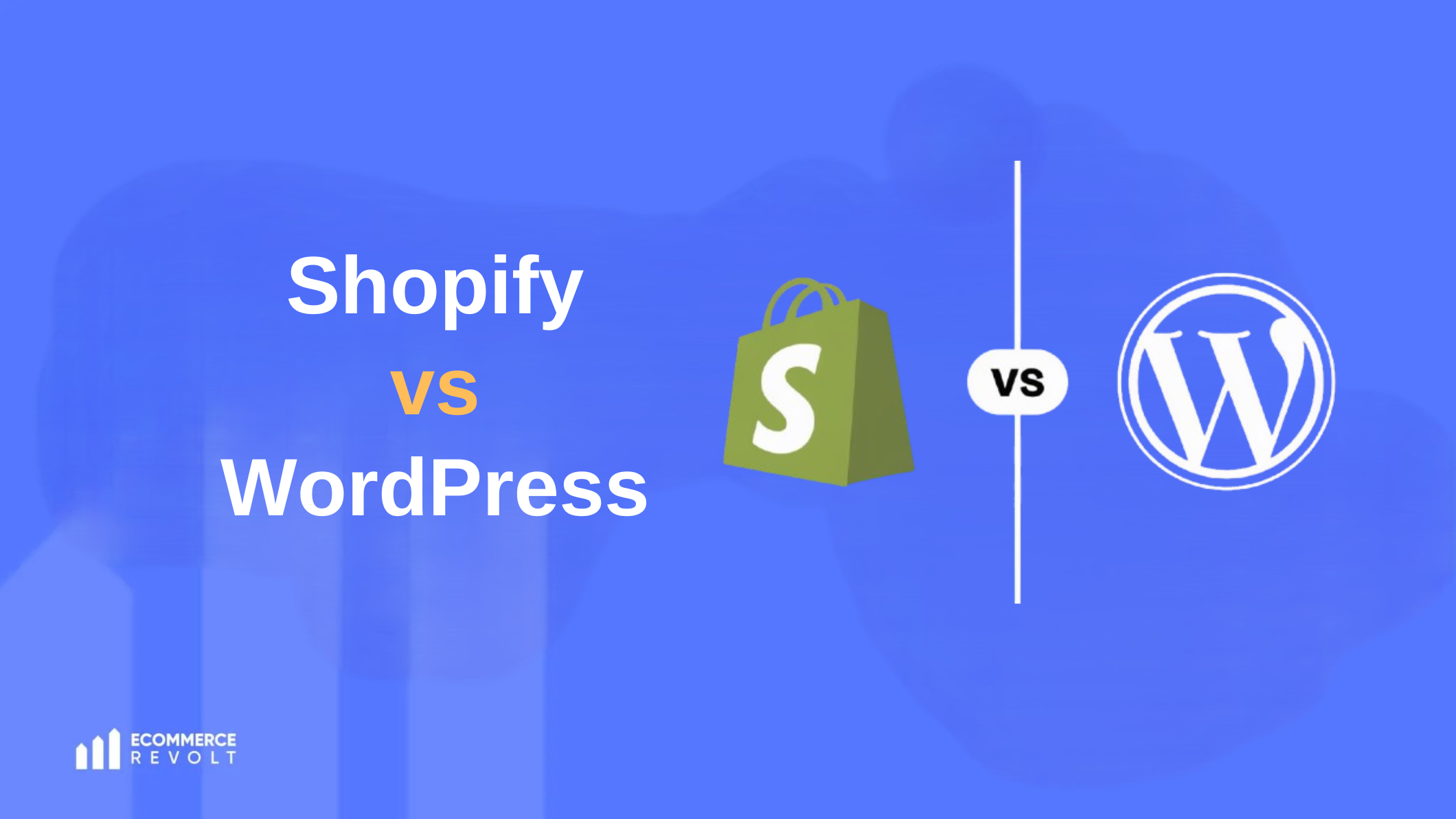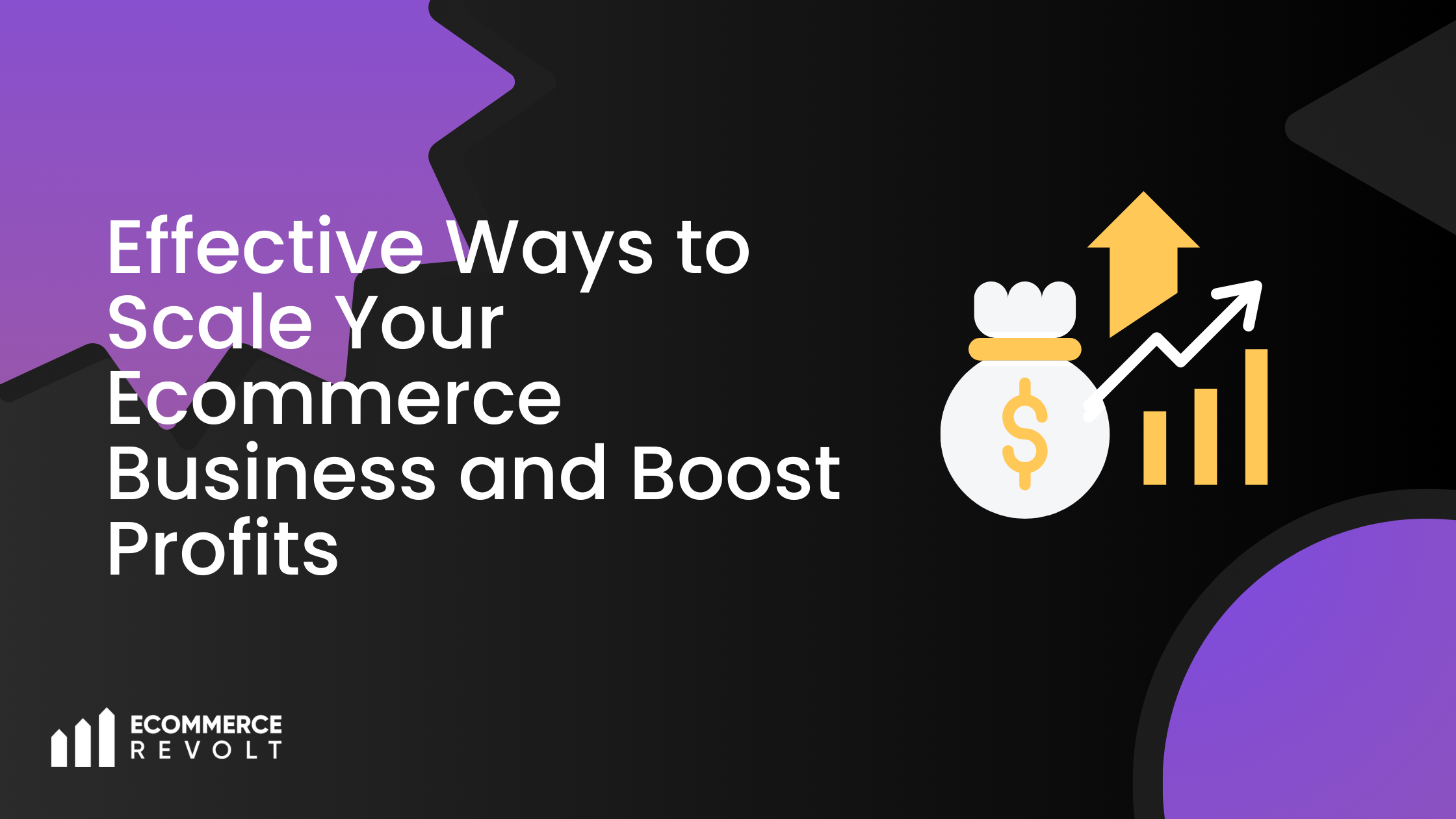A perfect ecommerce store requires a perfect platform. While Shopify and WordPress with WooCommerce are at the top of the most popular options. You know the adage: What’s the best option? In this article, let’s take a closer look at Shopify vs WordPress, SEO, themes, and many more key differences that should make your decision much easier.
Shopify vs WordPress: A Quick Overview
->Shopify
Shopify is a dedicated ecommerce service aiming to make the process of creating and running a store very simple. Everything that needs to be secure, hosted, and kept up-to-date is taken care of.
->WordPress (with WooCommerce):
WordPress is a content management system adaptable to being turned into a full-scale ecommerce shop. It is flexible but requires more hands-on management.
Shopify vs WordPress for eCommerce: Major Differences
First, we’ll consider the main aspects of interest to an ecommerce business:
1. Ease of Use
-> Shopify: Shopify is minimalist software. Even a layman can easily set up a store using pre-built templates and an intuitive dashboard.
-> WordPress: WordPress is more difficult to learn, especially using WooCommerce. You will need to deal with all of the hosting, security, and updates yourself or hire others to accomplish them.
Winner: Shopify; Shop, by its friendly nature, takes the cake in this area.
2. Flexibility and Customization
-> Shopify: Shopify relies upon several theme options; however, you cannot modify anything beyond what Shop provides for you. You can modify what’s possible with Shopify’s Liquid coding but this is not as flexible as working in WordPress.
-> WordPress: In terms of flexibility, WordPress is a legend. With thousands of plugins and themes, you can build any website you desire. You are in complete control of customization.
Winner: WordPress, maximum customization.
3. Shopify v/s WordPress SEO
-> Shopify: Shopify comes with a robust SEO pack right in the box. It caters to majorly technical SEO also – it is about page speed or mobile-friendliness. But Shopify does restrict some of your freedom to play with URL structures and metadata.
-> WordPress: If you want to play with the minute details of your SEO, WordPress is perhaps the best bet. With plugins like Yoast SEO, you can control in minute detail your SEO settings.
Winner: WordPress, for advanced SEO control.
4. Themes and Design
-> Shopify Themes: Shopify has a selection of premium, mobile-ready themes, free and paid. Themes are also very simple to apply and configure.
-> WordPress Themes: WordPress has an extraordinary number of themes available, though the quality is somewhat questionable. So if you want to do serious customization get ready to pay a developer.
Winner: Tie—Shopify for ease, WordPress for variety.
5. Pricing
-> Shopify: Shopify’s standard plan is at $39/month. The premium versions add more features. This includes hosting, security, and customer support.
-> WordPress: It is free for WordPress but you’ll have to spend for their hosting, security, premium themes, and plugins. And the cost, of course, varies widely.
Winner: WordPress for flexibility on the price tags.
6. Shopify or WordPress for Small Business
-> Shopify: It is perfect for small businesses to get online quickly without bothering to take the trouble of the technical side.
-> WordPress: Offers more control and customization, hence very suitable for small businesses with peculiar needs or a long-term vision.
Winner: Depends on what your business needs are. Shopify is better in case you need to be launched in a short time; WordPress is the winner in the long run.
Shopify vs WordPress Pros and Cons
Shopify Pros:
- User-friendly, especially for beginners
- All-in-one solution (hosting, security, updates)
- 24/7 customer support
- Built-in ecommerce functions beyond measure
Shopify Cons:
- Less customizability than WordPress
- More expensive to get started each month
- Charge processing fees unless using Shopify Payments
WordPress Pros:
- Completely customizable and in control
- SEO more flexible
- 1000s of plugins for extra functionality
- Lower cost to get started if you have cheap hosting
WordPress Cons:
- Be technical
- Hosting and security are on you
- No native support-you’re stuck with forums and may need to hire help
How to Decide Between Shopify and WordPress
The Shopify or WordPress decision will therefore be determined by your business objectives as well as technical capabilities.
Choose Shopify if you need a straightforward, managed e-commerce solution where you don’t need to worry about hosting, security, or setting up your technical apparatus. This will be great for small businesses looking for something simple to sell online.
Choose WordPress if you want full control over your website, are comfortable with handling hosting, or need more extended customization options. It’s ideal for businesses that plan to scale and have specific website needs.
Conclusion: Shopify vs WordPress for Ecommerce
Shopify vs WordPress- which ecommerce website builder is the best? Short answer: there simply isn’t one. Shopify and all other rivals widely outclass each other in simplicity and ease of use, while WordPress offers unparalleled levels of customization and SEO abilities.
Ecommerce Revolt is a company that specializes in SEO, Website development, and social media marketing, and can work on both platforms to bring you the best results. Do you need to optimize your Shopify store, or do you want to build a fully custom WordPress ecommerce site? Get professional help and guide yourself through these procedures.








